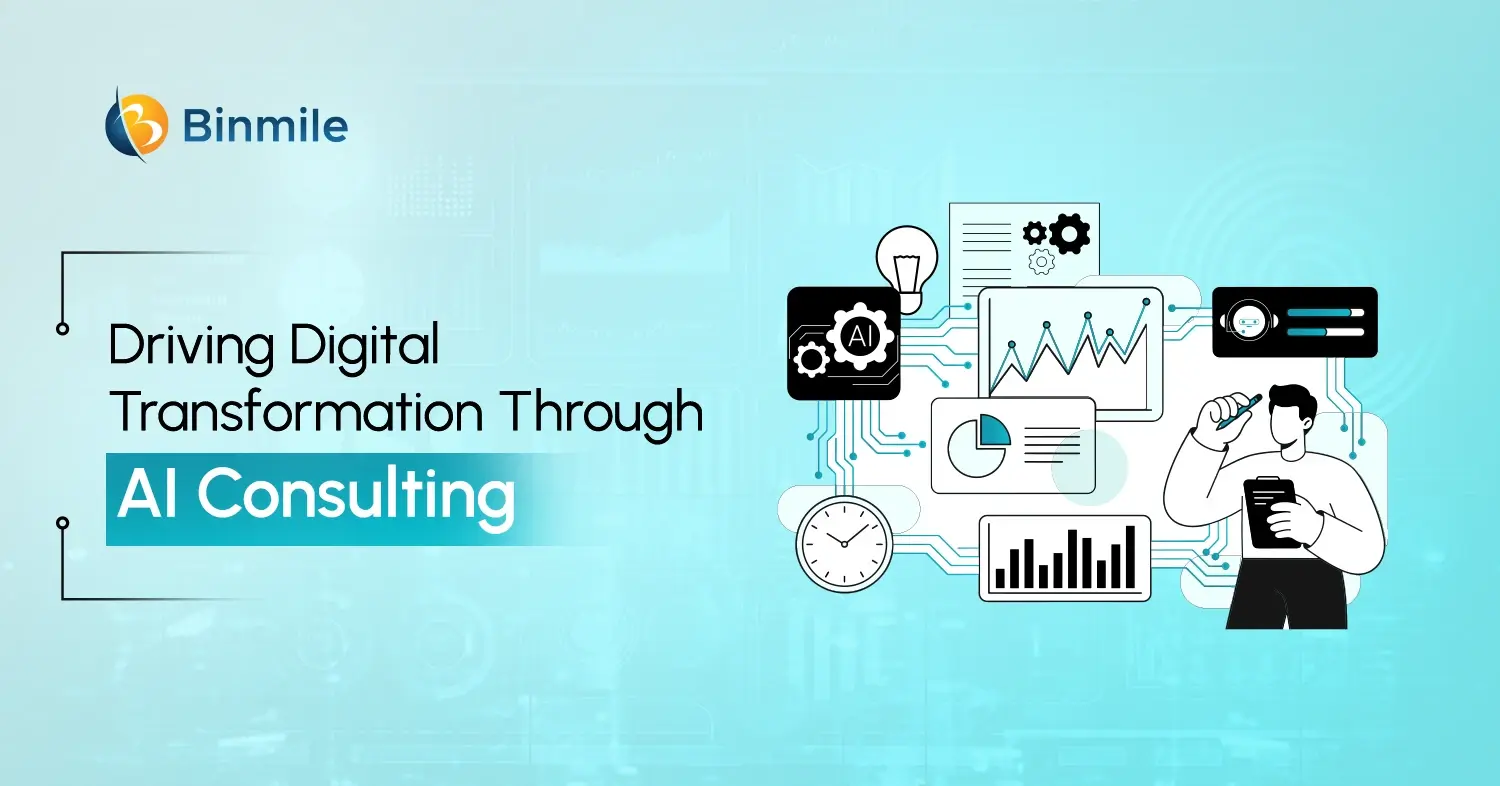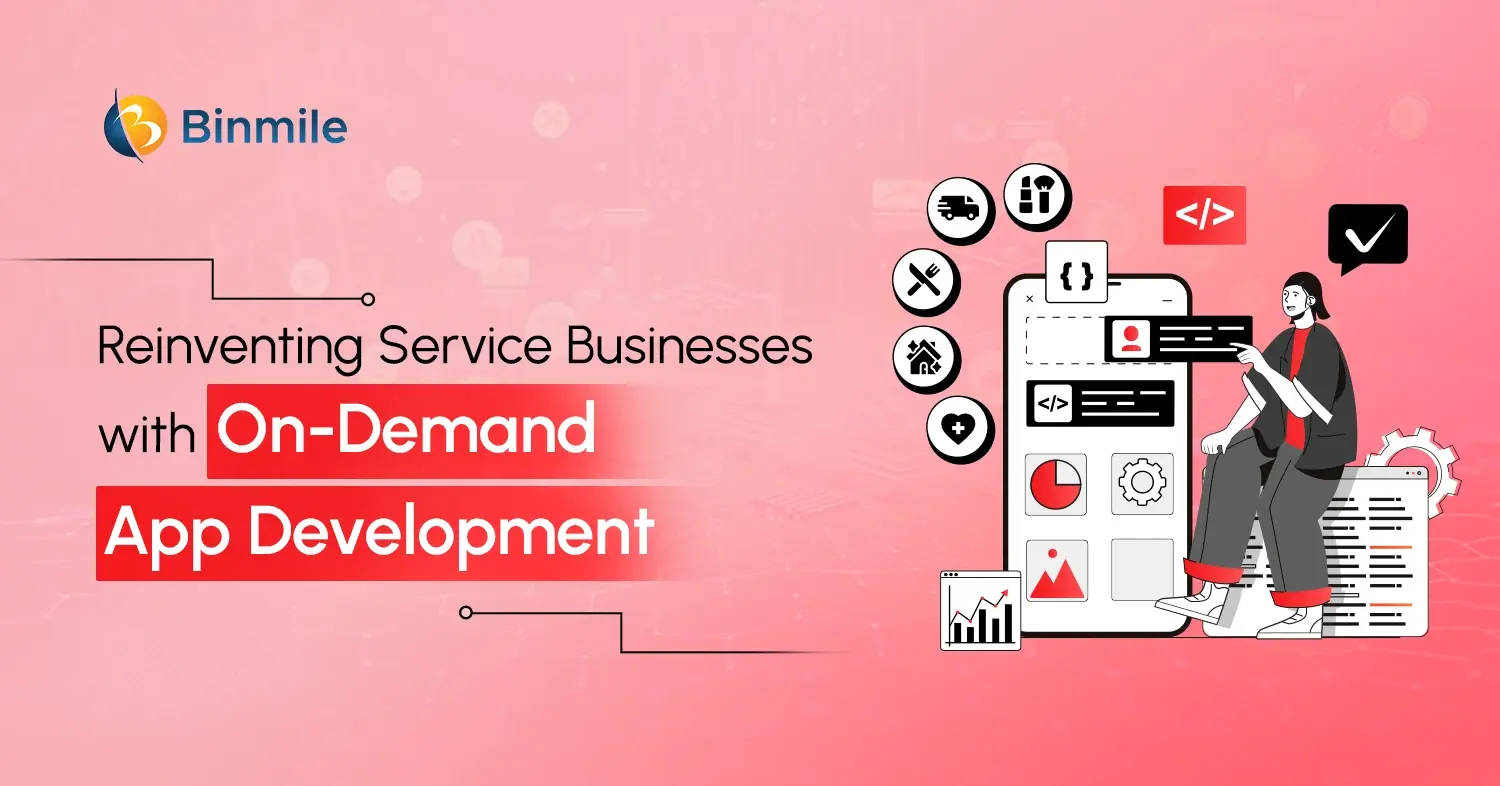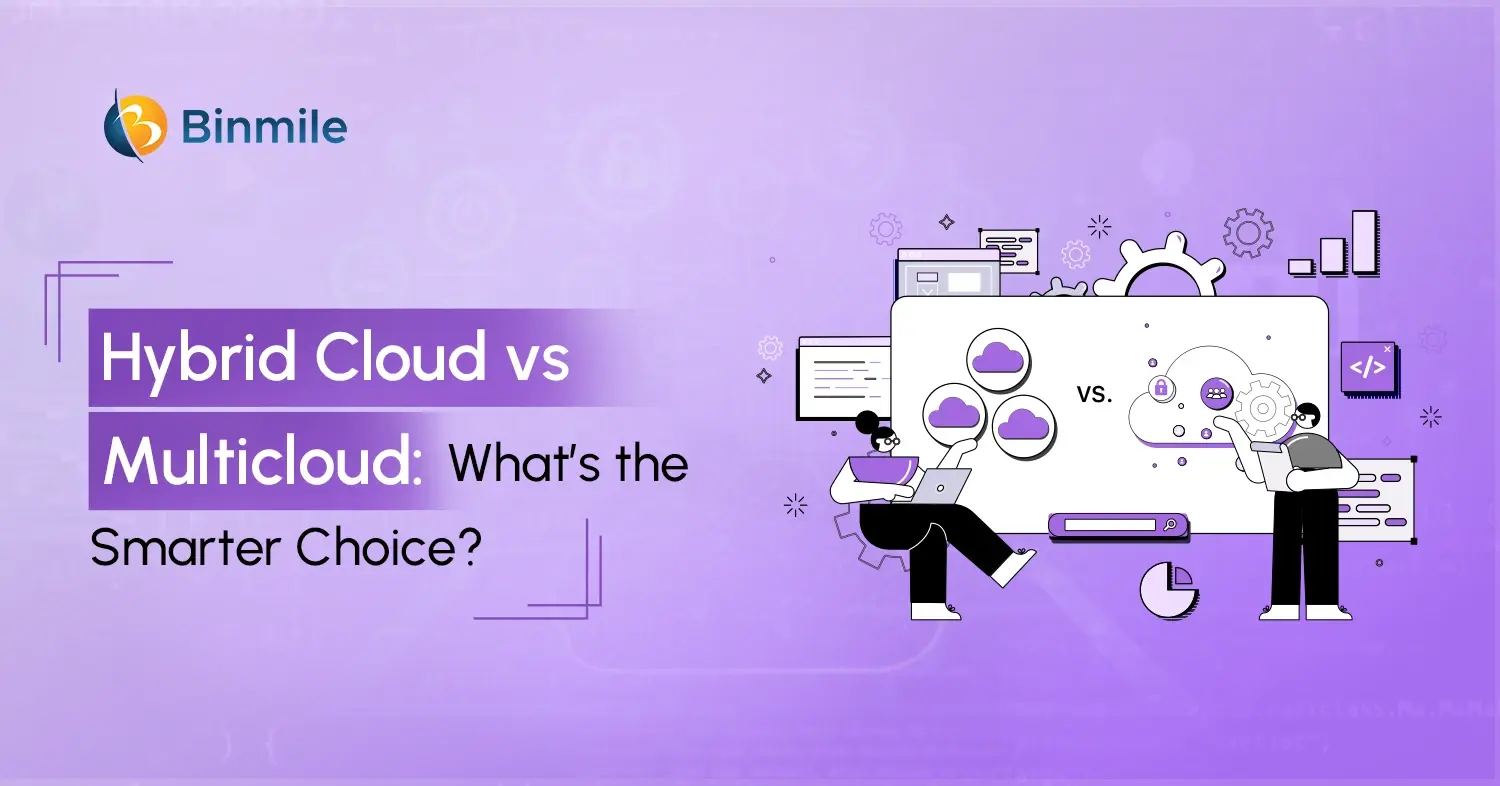Cloud ERP is a Software as a Service (SaaS) platform that allows users to access Enterprise Resource Planning(ERP) software over servers via the internet at any time and from any location. The biggest benefit of Cloud ERP software is limitless customizability. It provides unmatched data visibility, a future-proof platform, and robust decision-making tools. In this blog, we will dive deep into the top benefits of Cloud ERP and reasons why you should go for it.
So, let’s get started!
First, we will have a brief look at what Cloud ERP actually is. “The global ERP software market is projected to be worth 40.5 billion USD, growing at a CAGR of 13.6% during 2019 and 2025” – Statista.
Components of Cloud ERP Software

ERP software, whether on-site or on the cloud, have a centralized database for storing information about business processes, which can be easily accessed and shared among modules. For example, the same version of the Purchase Order across department modules ensures consistency of information, minimizes errors and helps in immaculate reporting.
Only one module is common to all ERP systems, regardless of deployment, and it is of basic accounting and finance functions. Most ERP software has modules for Human Capital Management(HCM) and Customer Relationship Management(CRM).
Firms that distribute or manufacture physical products need additional modules like inventory management and supply chain management, which support complex operations like logistics, warehousing, and distribution. Other than these common modules, ERP modules are more specialized. So, now it’s time to see what benefits cloud ERP provides and why you should switch from on-premise to cloud ERP.
7 Benefits of Cloud ERP

We will discuss in detail the seven major benefits of cloud-based ERP, which will convince you to go for it. Carefully go through each of them to know how ERP cloud migration will impact your business in the long run.
1: Less Investment
It is well-known that on-premise ERP systems have difficult implementations and cost overruns. The new generation of cloud-based ERP systems uses the SaaS model to provide software that prevents many financial pitfalls.
This approach provides numerous financial advantages as it converts ERP systems from capital cost to an ongoing operating cost. This eliminates the need for a large investment requirement upfront, which is due to hardware, infrastructure, labor costs and training costs. This is a big advantage for small businesses that need to scale quickly but do not have the resources to invest in their own servers.
2: More Secure
At present, cloud ERP systems provide security tools that are comparable to any on-premise system, and some offer additional advantages. They also provide automated system-wide updates that fix security issues without any manual intervention. Along with this, there are multiple redundant layers of failsafe. A team of cloud security professionals is deployed 24/7 to protect the systems.
Businesses can get an extra layer of assurance by hiring the services of a third-party security consultant to evaluate Cloud ERP service provider security measures. This can also give businesses insights into best practices to be followed and employee training.
3: Usage of Mobile Devices
Mobile devices have always been an essential business tool, but cloud-based ERP has multiplied its potential with access at any time and anywhere. Cloud-based ERP is perfect for mobile systems that need centralized access to data but in a decentralized manner without traditional barriers.
Cloud-based ERP, which supports mobile devices, is vital for achieving full integration of mobile tools like phones or tablets. This free flow of information, which can be accessed remotely or on demand, provides many advantages. Cloud-based ERP facilitates efficient manufacturing operations by providing real-time updates from the floor on mobile devices being used externally. Sales personnel can make use of last-minute information crucial for signing the best deals.
4: Increased Visibility & Collaboration
The most important feature of ERP is that it improves inter-departmental cooperation, and the cloud makes it much simpler and faster. Cloud-based ERP provides project management tools that facilitate communication and collaboration. It provides real-time financial and performance data, which creates situational awareness for decision-makers.
Resource management options are provided to streamline processes and eliminate waste and byproducts. Efficient interaction with third parties, including vendors and consultants, by providing easy channels to share data. It provides increased security by showing footprints throughout the system and transparent inventory monitoring. Cloud-based ERP provides not just a functional improvement but also a comprehensive capacity upgrade.
5: Customization
Cloud ERP can be scaled up as the firm grows and can be easily customized to suit business needs. On-premise ERP software can be customized, but the customizations are attached to the current software version and may be difficult to implement in future versions.
As a result, most companies with on-premise ERP systems avoid upgrading and continue with outdated technology. Another benefit cloud-based ERP provides is that it integrates with other cloud-based products. New modules can be added without any downtime or need for additional hardware. This agility of cloud-based ERP enables firms to change the system as and when required rather than continue with old technology.
6: Adaptability
There are many cloud-based ERP systems available, making it easier for businesses of all sizes to choose the best one for their needs. Sage 300 Cloud and Sage Business Cloud Enterprise Management are two ERP solutions that provide extensive customization options and are powerful. Epicor Kinetic is a SaaS ERP platform with good reporting and data features. Epicor has over 45 years of experience in the ERP industry, and the company uses its expertise to provide data-driven ERP solutions.
7: Faster Update Capability
Cloud-based ERP vendors take care of system updates and upgrades, keeping in mind changing business needs and ensuring that clients get the latest technology. On-premise ERP software requires more time and even requires hiring some professionals to do so.
Cloud-based ERP updates take very little time and are usually done late at night to prevent business disruptions. A cloud-based ERP system can improve the company’s ability to scale faster and onboard new employees and partners. Although scaling any ERP system is challenging, cloud-based ERP has demonstrated that it has the potential to meet these challenges.
To Sum It All Up…
Cloud-based ERP has many benefits for businesses of all sizes and hardly any disadvantages. In case you are not sure which cloud-based ERP to go for, you can get in touch with a custom software development company like Binmile. With regular updates and upgrades, Cloud-based ERP is a top choice at present. You will have to make an initial investment of time and money, but the ROI you will get over the years will far outweigh the cost.
Frequently Asked Questions
Yes, reputable cloud-based ERP providers implement robust security measures, including data encryption, multi-factor authentication, and regular backups. Additionally, cloud platforms comply with industry standards like ISO 27001 and GDPR to ensure data integrity and privacy.
- Customization: Ensure the software meets your business-specific needs.
- Scalability: Choose a solution that can grow with your business.
- Integration: Verify it can integrate with your existing systems.
- Support: Look for reliable customer support and training options.
- Compliance: Ensure it meets industry-specific regulatory requirements.
Costs vary depending on features, number of users, and the level of customization. Most cloud-based ERP solutions operate on a subscription model, ranging from a few hundred to several thousand dollars per month.









